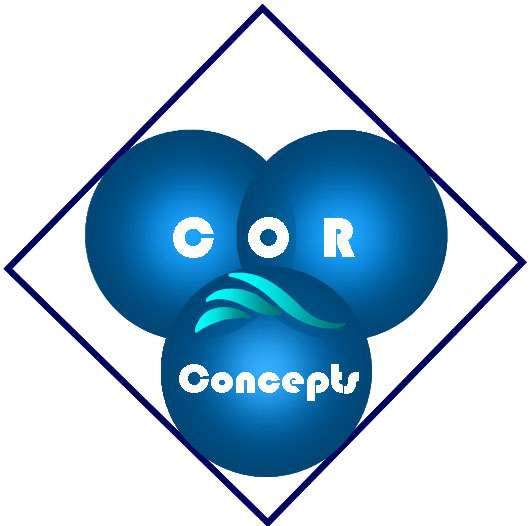Top 5 reasons to migrate to Azure VMware Solution
There are a lot of good reasons to migrate your VMware workloads from your datacenter to Azure with Azure VMware Solution (AVS).
Get this infographic to see the top 5 reasons we think AVS is the optimal route to the cloud, and get in touch with COR Concepts to see how we can help.
What is Azure VMware Solution?
Azure VMware Solution (AVS) allows organizations to move their VMware workloads from on-premises datacenters to Azure seamlessly. It enables the integration of additional Azure services while using familiar VMware tools for management. This solution helps maintain continuity and scalability for VMware workloads on a global Azure infrastructure.
How can AVS help with cost savings?
AVS offers a cost-effective approach for running Windows Server and SQL Server on VMware. Microsoft customers can reduce datacenter costs by bringing existing licenses to Azure, locking in pricing for predictable workloads, and protecting older Windows Server and SQL Server workloads at no additional cost. This can lead to savings of up to 85% with the Azure Hybrid Benefit.
What flexibility does AVS provide for cloud migration?
AVS allows organizations to migrate to the cloud at their own pace, offering the choice to determine which workloads to move and when. This platform symmetry provides control over the transformation process, enabling businesses to rethink their cloud journey without the need to re-architect applications, thus minimizing costs and risks associated with migration.
Top 5 reasons to migrate to Azure VMware Solution
published by COR Concepts
COR Concepts provides Information Governance, Records Management and Enterprise Content Management (ECM) consulting and training services. The company is built on the belief that any Information, Records or Document Management initiative should be designed to extract the maximum business benefit for the organization.
We bring together Compliance, Risk Management and Operational information requirements in a way that delivers benefits to each one of these diverse business units. Our approach is to use an array of industry standards and best practice methodologies to ensure that each implementation will stand the test of time.
We see information governance and records management as an integral part of any Enterprise Content Management implementation and focus on building a solid platform including a records management policy, records management procedures, file plans and a solid change management infrastructure. Building and implementing governance structures is becoming essential for success and we design structures to ensure that all governance aspects are included.



